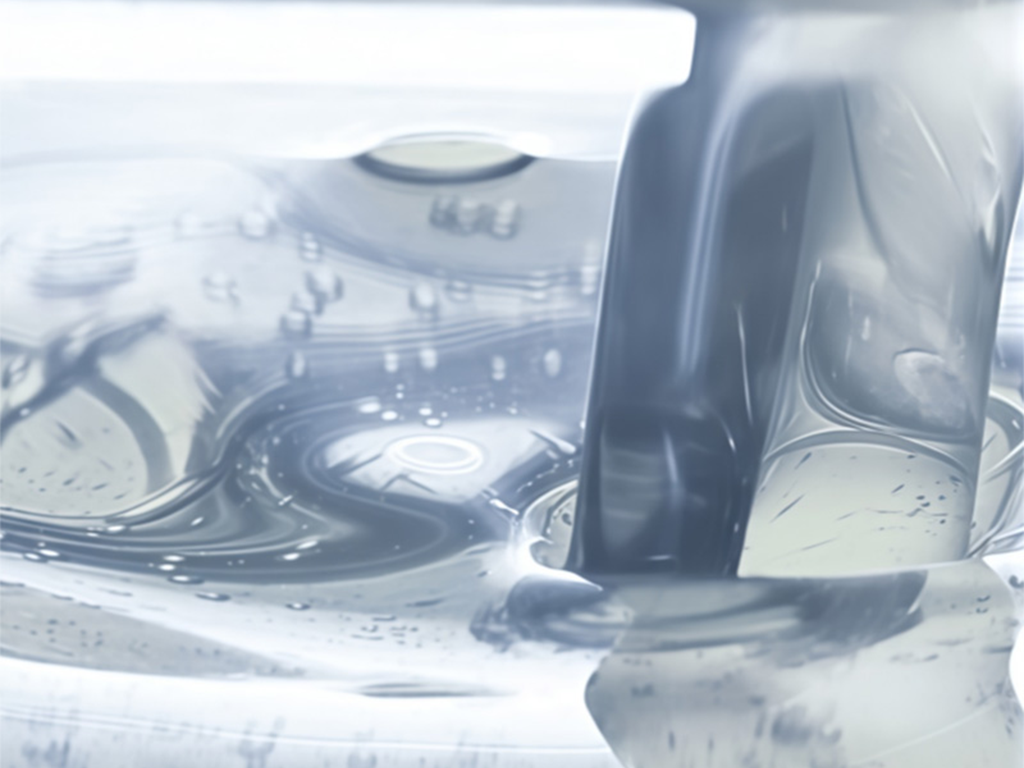Die Acrylatpolymerisation ist ein Prozess, bei dem durch Freeradikalpolymerisation langkettige Polymere aus acrylischen Monomeren gebildet werden. Dies ist eine vielseitige Methode, die eine gezielte Kontrolle über Molekulargewicht, Struktur und Eigenschaften ermöglicht. Die Synthese beginnt mit der Auswahl der Monomere: Acrylester (z. B. 2-Ethylhexylacrylat, Butylacrylat) und/oder Methacrylate werden entsprechend den gewünschten Eigenschaften (z. B. Flexibilität, Härte) ausgewählt. Diese Monomere werden entweder mit einem Lösungsmittel gemischt (für die Lösungspolymerisation) oder mithilfe von Tensiden in Wasser dispergiert (für die Emulsionspolymerisation). Ein Freeradikal-Initiator (z. B. Benzoylperoxid, Ammoniumpersulfat) wird hinzugefügt, der unter Wärme oder Licht in Radikale zerfällt, welche mit der Doppelbindung (C=C) des Monomers reagieren und so das Kettenwachstum einleiten. Der Polymerisationsprozess umfasst drei Stadien: Initiierung (Bildung der Radikale und Anlagerung an das Monomer), Propagation (Verlängerung der Kette durch Anlagerung weiterer Monomere an das Radikalende) und Abbruch (Kombination oder Disproportionierung der Radikale beendet das Kettenwachstum). Reaktionsbedingungen wie Temperatur (60–100 °C), Druck und Rühren werden eng überwacht, um das Molekulargewicht und die Polydispersität zu beeinflussen. Bei der Emulsionspolymerisation bilden die Monomere Mizellen, und die Polymerpartikel wachsen innerhalb dieser Mizellen, wodurch stabile Latexe entstehen. Nach der Synthese kann das Polymer einer Reinigung unterzogen werden (Entfernung unreaktiver Monomere), einer Neutralisation oder der Zugabe von Additiven. Das Unternehmen E Plus Chemical Co., Ltd. nutzt fortschrittliche katalytische Polymerisationstechnologien, um die Synthese zu optimieren und eine präzise Kontrolle über die Polymerstruktur zu gewährleisten. Dadurch werden Eigenschaften wie Haftung, Flexibilität und Wasserdichtigkeit verbessert. Diese Synthesemethode ermöglicht die Herstellung vielfältiger Acrylatpolymere, von weichen, klebrigen Klebstoffen bis hin zu harten, starren Beschichtungen.
